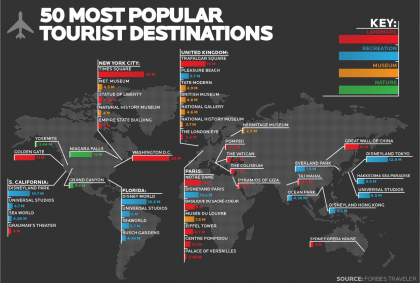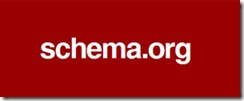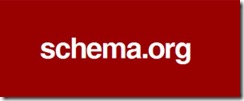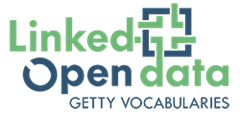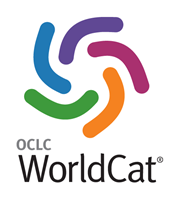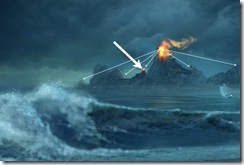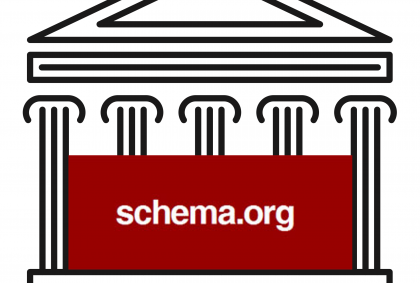
Something For Archives in Schema.org
The recent release of the Schema.org vocabulary (version 3.5) includes new types and properties, proposed by the W3C Schema Architypes Community Group, specifically target at facilitating the web sharing of archives data to aid discovery. When the Group, which I have the privilege to chair, approached the challenge of building a proposal to make Schema.org useful for archives, it was identified that the vocabulary could be already used to describe the things & collections that you find in archives. What was missing was the ability to identify the archive holding organisation, and the fact that an item is being held …

